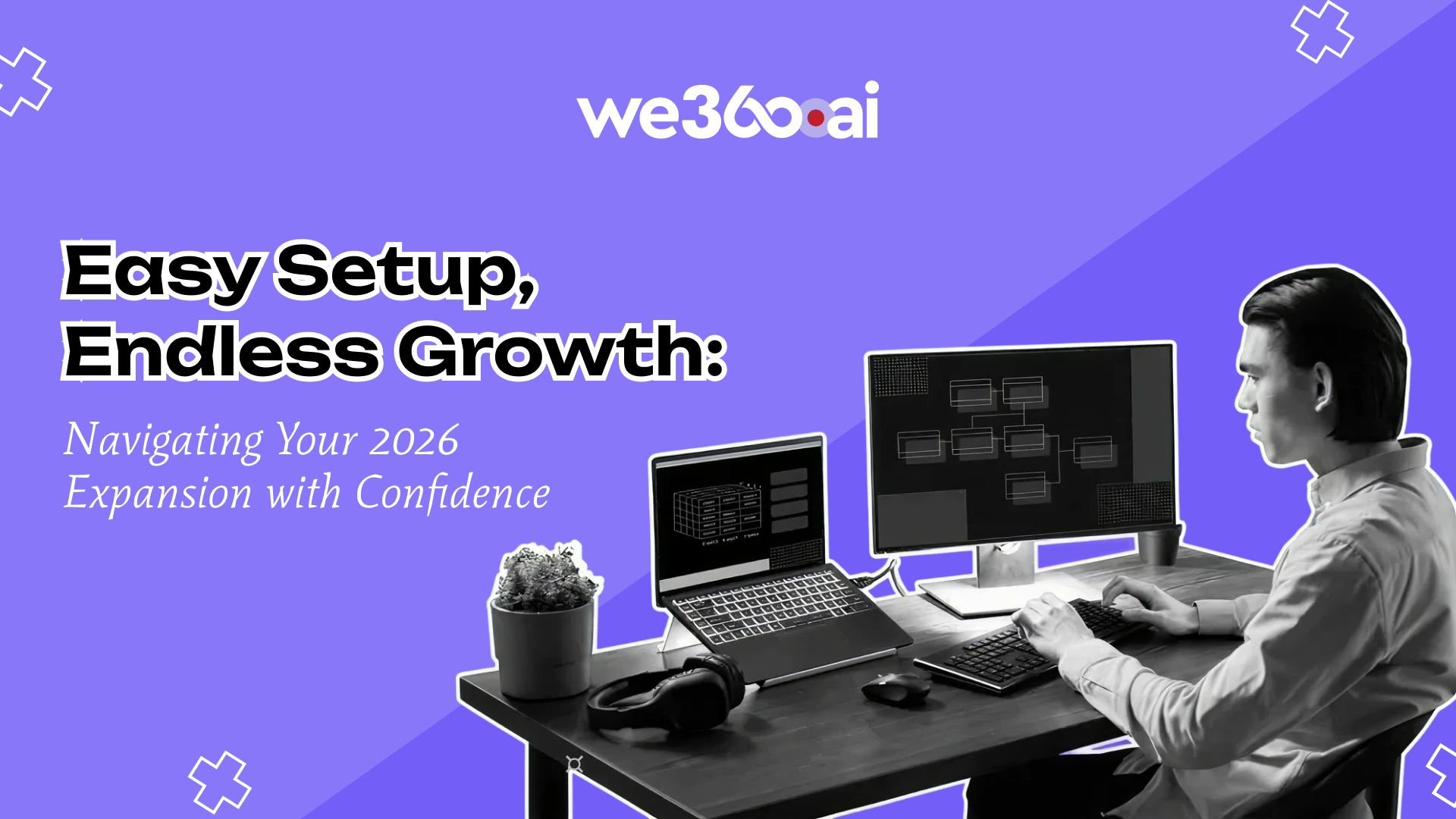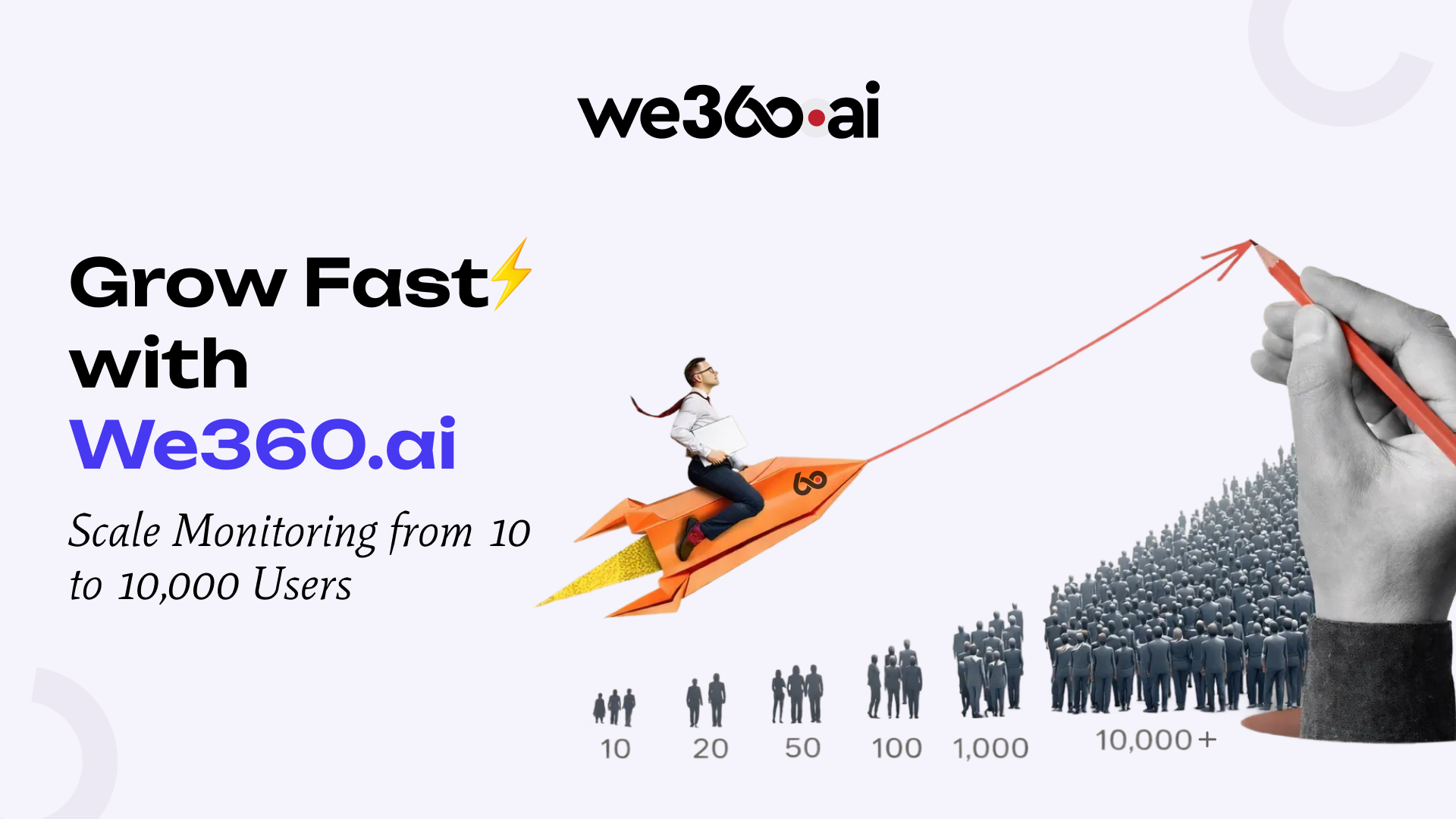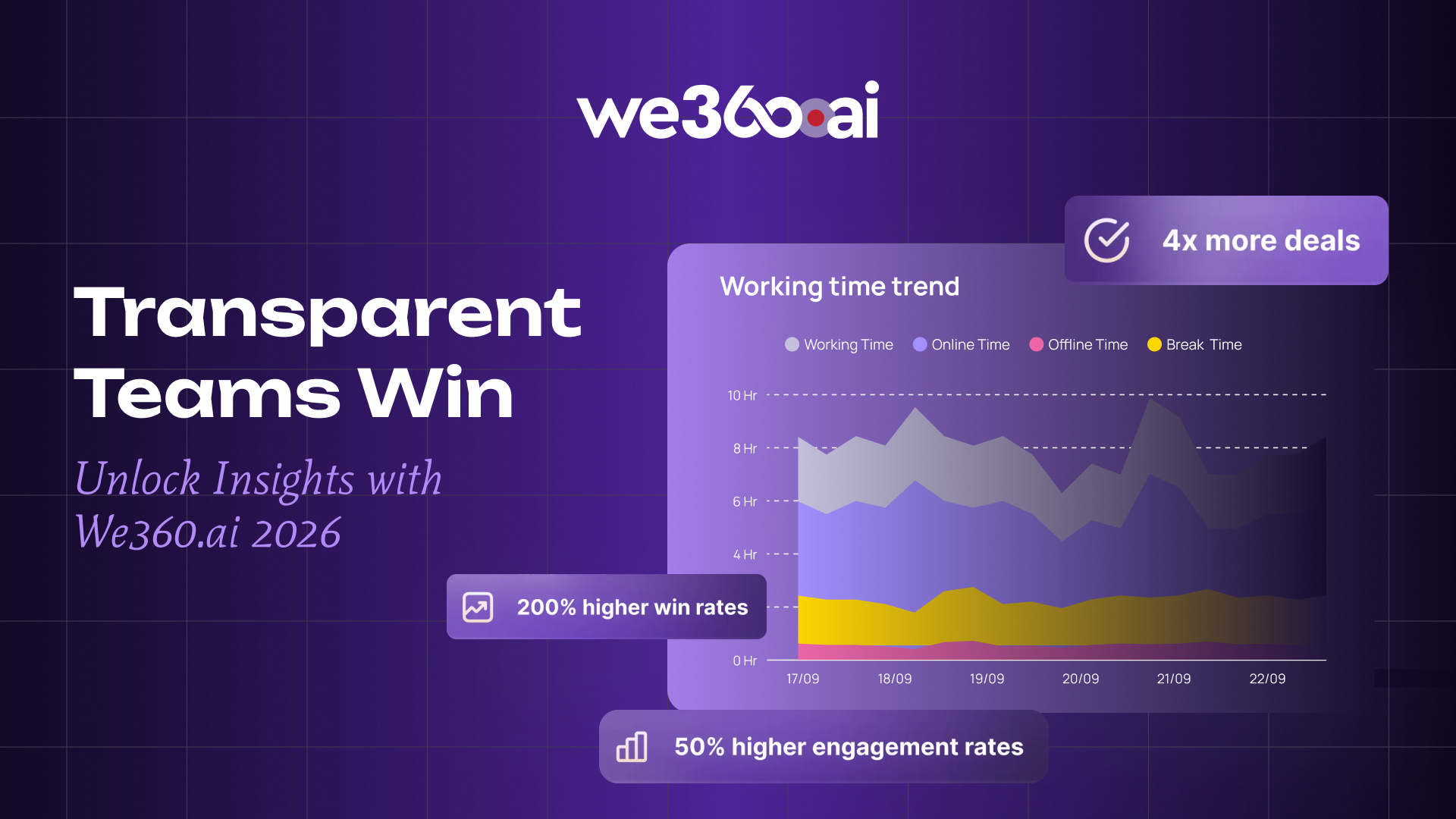Deep Work: How the Concept Changed My Work-Life
There are days when you do not even want to touch your phone because you get tired of endless daily notifications. I cannot imagine a day filled with endless notifications, constant content-switching work, and still needing to finish the task perfectly.
I needed to work on tracking and including the concept of deep work here. Deep work is not just about maximizing productivity but also about claiming focus and concentration.
Research shows that 22% of remote workers who find an accurate environment spend more time working productively than in-house office employees. It gradually reduces the distractions and constant interruptions.
Regarding "productivity," there is no chance we do not remember Cal Newport, a master in all. In his book "Deep Work," he stated, "The ability to perform deep work is becoming increasingly rare at the same time it is becoming increasingly valuable."
These words are perfect for workers who often lose their interest. It is noted that the distraction at work is almost 6.5 hours, which is a lot! Deep Work is not just a concept but a discipline that transforms the work-life balance and boosts a human's working system and overall mental well-being.
Let's understand the journey of the concept of Deep Work where challenges and benefits are explained.
Somewhere along the way, focus stopped being a default and started becoming a competitive advantage. With constant pings from collaboration tools, endless short-form content, and the pressure to always be “available,” uninterrupted thinking time has quietly turned into a rare asset. Professionals who intentionally create space for deep, distraction-free work are finding they produce higher-quality ideas, make better decisions, and feel more ownership over their output.
In a world optimized for speed, the ability to slow down and think deeply is becoming a powerful differentiator.What also changed for me was how Deep Work influenced life outside of work. Training my mind to resist constant digital stimulation improved my patience, listening skills, and even how present I felt in conversations.
The same discipline that helped me focus on a complex task also helped me disconnect after work without the urge to scroll endlessly. Deep Work stopped being just a productivity method and started becoming a boundary-setting tool — one that protects mental energy, supports healthier screen habits, and creates a clearer separation between work time and personal time.
Work Style Before Exploring Deep Work
Picture this: an email notification pops up, your phone buzzes with a message, and just as you dive into a task, a colleague stops by with a "quick question." Sound familiar? That was my life before embracing Deep Work—a constant cycle of distractions, multitasking, and feeling perpetually "busy" but oddly unproductive.
Implementing deep work for routine tasks is much more than avoiding distractions. We have noted a few points that will help you work on them. Let's get into it!
Do Not Fall Into Multitasking Trap
In today's workplace, multitasking often feels like a badge of honor, but research tells a different story. Studies from the American Psychological Association reveal that switching between tasks can reduce productivity by as much as 40%, increasing mental fatigue and overall error rates.
Take, for example, Monday mornings. A single task, like preparing a report, would spiral into hours of fragmented effort. One minute, I'd be typing data; the next, replying to emails about unrelated topics. By noon, my to-do list hadn't shrunk—instead, it seemed to expand with every interruption.
The Emotional Toll of Busyness
When you are working, I do not understand why it has to be done with the stress. Beyond the inefficiency, there is the emotional toll of the chaotic workflow, which cannot be denied. According to the Gallup study, employees who feel "always on" report increased stress levels but decreased work satisfaction.
This study is so relatable for me as each day ended up in a hollow sense of exhaustion where nothing was achieved accurately but only spinning plates that stayed for the whole day!
A note from Psychologist Dr Gloria Mark:
"The constant interruptions destroy the task and emotional state, and it can take up to 23 minutes to regain focus after an interruption!
The Hidden Costs of Shallow Work
It wasn't just my productivity or emotions at stake; the more profound costs of shallow work became apparent over time. Tasks that required creativity or deep analysis went onto the back burner to get quick wins—checking emails, attending meetings, or updating spreadsheets.
The real wake-up call came in the high-stakes project where I could not develop original ideas because my mind was too scattered. A report by McKinsey Global Institute shows that employees spend 28% of their workweek reading and responding to emails, leaving little time for innovation or strategic thinking.
I was stuck in this rut, mistaking busyness for progress.
Discovering Deep Work – Not Just A Concept But A Discipline!
Sometimes, the right idea collides with your life at the right time. That was Cal Newport's Deep Work: Rules for Focused Success in a Distracted World.
I initially found this book to be another self-help guide with life-changing hacks. Still, while reading it, I realized it was not about how to get more done but about redefining my approach to work and, eventually, life.
How Did I Find The Concept Of Deep Work?
I came across Newport's book as I needed it the most. I was professionally frustrated. Articles about benefiting from "working smarter, not harder" pointed my way. Still, none of it truly hit the mark until I read Newport's argument: Deep Work is the "superpower" of the information age. Unlike most self-help books, this did not call for adding too many meaningful tools or apps; instead, it called for subtraction, cutting off distractions and immersing oneself in cognitively demanding work.
It was fascinating that it was not busy but focused, which was the secret to success. As Newport elaborates, "Efforts to deepen your focus will struggle if you don't simultaneously wean your mind from a dependence on distraction." It hit home for me. I had been engineering shallow accomplishments—rapid email response, attendance at countless meetings—that were shadows of work.
Skepticism Turned Experimentation
I was skeptical at first. Would such a simple philosophy counterbalance the constant demands of modern work? This very concept seemed idealistic. How could one allow hours for uninterrupted focus when his daily routine gravitates around quick response and multitasking?
But I was willing to try something. My first step was tiny: 90 minutes of undivided concentration on a report nagging me. To my surprise, not only did I complete it, but I even came out with a strange sense of satisfaction. It wasn't just the joy of completion but the clarity and creativity I achieved while working intensely.
This experiment inspired me to dig deeper into Newport's principles, like the value of scheduling "focus time" and embracing boredom to reset the mind. These weren't just methods but profound challenges to how I'd been trained to think about work.
Deep Work: Cultivating the Art of Intentional Living
After the gradual time, it became evident that deep work meant and contributed more than working hard. It showed living with purpose and meaning.
The power of focus is more significant than we think as it provides us with not only the quality outcome of the work but also mental wellness, which allows us to lead further work stress-free. According to the University of California, the regular interruption of work has made workers spend more time completing tasks and higher stress levels, often leaving workers with fatigue.

Similarly, Stanford researchers have stated that consistency in concentration boosts productivity and overall dedication to creativity in work.
Gradual Implementation of Deep Work in My Routine
Deep Work is a habit we know cannot be implemented overnight. It takes time, and we all need to be patient. For me, it was a journey of small and consistent changes, and here's how I gradually introduced the practice step-by-step.
Designing a Distraction-Free Zone
I did a lot of work changing my workspace, which helped me focus, and that was my first move. It is said, "Less is More," so I decluttered my desk and removed unwanted things and gadgets not need.
The goal here is to signal my brain and remind it about staying focused on forming a habit later.
Time Management: Blocking Dedicated Focus Periods
The best thing I did was schedule my deep sessions into the calendar, just like meetings. Starting with the small period, I blocked 90-minute windows twice weekly to truly and dedicatedly work with focus. I turned off everything that included email notifications on my mobile phone and used apps that helped me avoid the notifications of distracting websites.
The practice that is aligned with the time-blocking method has been endorsed by productivity experts.
Similarly, a Harvard Business Review study has highlighted how effective time blockers can be, and almost 74% of people can achieve desired goals.
Mental Conditioning: Breaking the Stimulation Habit
Yes, the above things I stated were a challenging job. Not checking my phone or email inbox and even resisting looking at my phone was not an overnight thing; it took a lot of resisting power and working on it.
Indeed, it was not an easy task, but I noticed a significant boost in my overall ability to work later. My concentration and focus grew more than 50%. Building the "focus muscle" that helps liberate control over attention is essential.
Social Adjustments: Setting Boundaries
Deep work is a severe thing to implement as a habit in our daily lifestyle. I started informing my family members and colleagues and enlightening them about my focus period. For that, I did nothing extraordinary, but I sent messages like, "I'll be offline for the next two hours to concentrate on a project or my work." this can be customized according to the type of work you have.

Initially, people did not understand the concept, but gradually, they saw the quality of work and how fast I delivered work at my office. Communication is the key, and talking to people about how you would prefer working is always essential.
Iterative Changes: The Power of Small Wins
Rather than overhauling my routine immediately, I focused on gradual changes. I started with one Deep Work session a week, then two, and so on. This incremental approach made the habit sustainable and less intimidating.
James Clear, the author of Atomic Habits, states in the book, "If you do not rise to the level of your goals, you fall to the level of your systems." The slightest improvement you built for yourself will transform how you approach work without feeling overwhelmed.
The Immediate Changes I Noticed Post Implementing Deep Work?
The unbeatable changes that I noticed after implementing the deep work were very noticeable. Let's discuss these points.
- Improved Productivity: Focused work allowed me to complete tasks faster. By cutting distractions, I achieved more in fewer hours, leaving time for strategic thinking.
- Enhanced Focus and Creativity: Deep Work sessions sharpened my ability to immerse myself in complex tasks. I solved problems more effectively and generated innovative ideas without mental clutter.
- Reduced Stress and Increased Satisfaction: Completing significant work during Deep Work blocks reduced my to-do list and stress. Each day ended with a sense of achievement, not exhaustion.
- Specific Example: While working on a proposal, I used three uninterrupted Deep Work sessions to develop an innovative approach. The result was a comprehensive strategy delivered ahead of schedule, earning positive feedback from leadership.
Challenges and Missteps Along the Way
I have led a line of challenges when I firmly decided to implement the disciplinary deep work process in the most chaotic and busy life schedule. Some challenges are listed below so you can look at them and be prepared for them!
- Suffering focus at first: My brain would wander through many early Deep Work sessions. It took practice and self-control to break the habit of constant distraction.
- External Distractions: This often interrupted my flow mainly due to notifications, colleagues, and noise from within the house, requiring clear boundaries and tools like focus apps to minimize this.
- Overcommitting on Deep Work: I initially scheduled too many focus blocks, leading to mental fatigue and feelings of isolation from colleagues. Balancing collaboration and focus was a learning curve.
- Lesson learned: I started with small, achievable deep work blocks and gradually increased the blocks in length. Communicated boundaries effectively with colleagues and family and gained their support. Balanced time for breaks and teamwork prevents burnout and keeps your relationships alive.
Conclusion: Deep Work Is The Ultimate Work-Life Harmonizer
Deep Work completely changed my thoughts on productivity, focus, and satisfaction. From the straitjacket of multitasking to a structured schedule, I regained control over my time, complete with clarity. This was the tiny difference: The design of distraction-free zones, periods of scheduling attention, or boundaries produced the fruits of immediate creativity and significantly less stress.
It indeed isn't easy, however. It went through phases of resisting distractions and finding the middle ground. The process proved that focus is a skill worth cultivating.
For me, it became the cornerstone of intentional living, showing that meaningful work wasn't about doing more but achieving what truly mattered.
Deep Work isn't just a productivity tool-it's a philosophy that changes everything. Start small, stick to it and watch as it improves your work and life.














